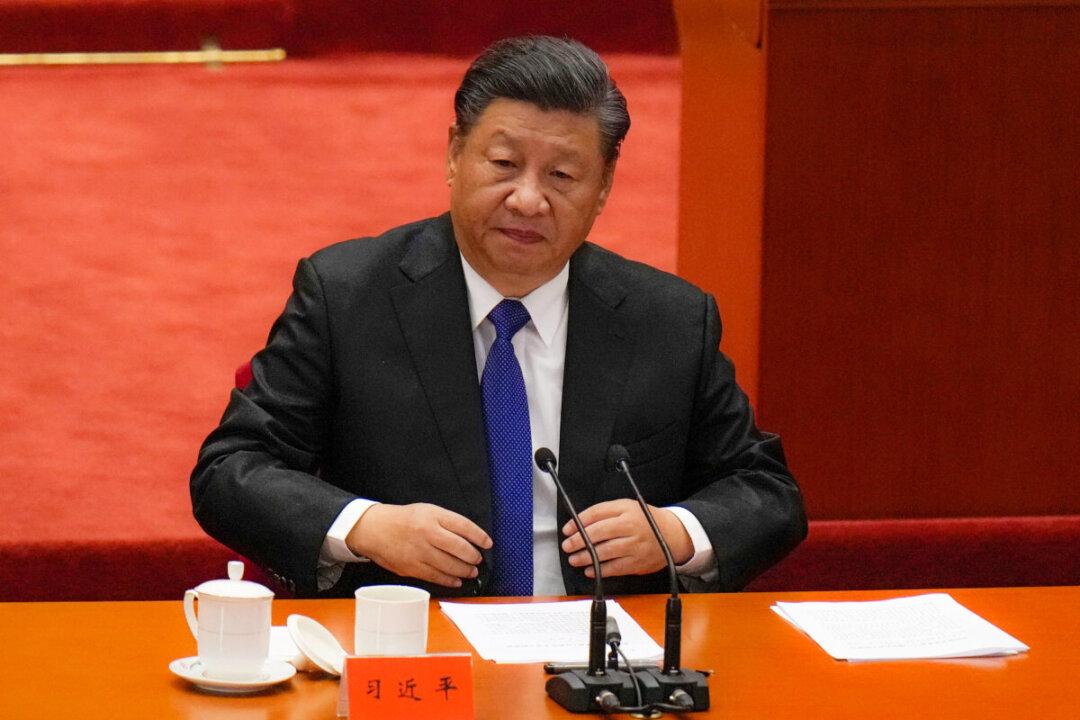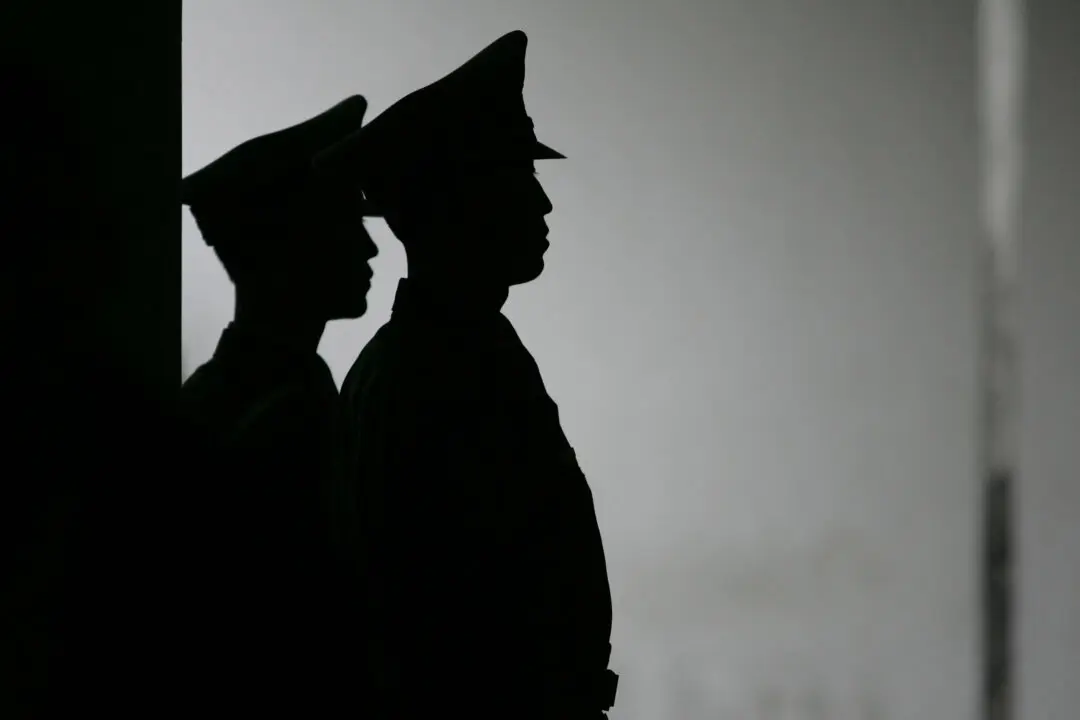Taiwan has called on Beijing to abandon its provocations aimed at the self-ruled liberal democratic island.
Taiwan’s Mainland Affairs Council declared that Beijing needs to “abandon its provocative steps of intrusion, harassment and destruction” and return to talks, in response to comments made by Chinese leader Xi Jinping on the eve of Taiwan’s national day.





